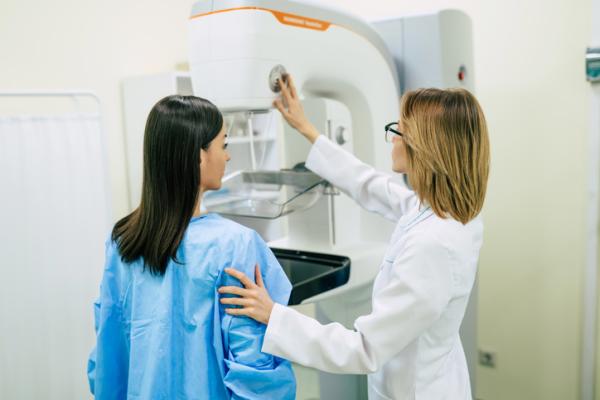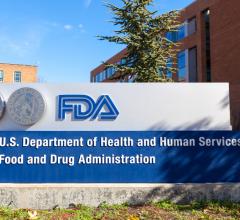
Getty Images
May 12, 2023 — The new United States Preventive Services Task Force (USPSTF) Breast Cancer Screening Recommendations are a step in the right direction. However, the American College of Radiology (ACR) and Society of Breast Imaging (SBI) urge the USPSTF to go further to recommend annual mammography screening for all average-risk women ages 40 and older.
The USPSTF, ACR, SBI, American Cancer Society and others all agree that the most lives are saved with this annual approach. Medical experts should clear the confusion caused by differing recommendations and agree to recommend yearly mammography for average-risk women starting at age 40.
Mounting evidence shows that Black and other minority women, Jewish women, and others develop and die from breast cancer prior to age 50 — or even age 40 — more often than white women. As our 2021 guidelines for average-risk women and our new (2023) guidelines for high-risk women make clear, potentially giving cancer another year to advance may particularly impact these women.
The ACR and SBI also recommend that all women have a risk assessment by age 25, as called for in new ACR/SBI guidelines for high-risk women and discuss with their doctor whether earlier screening with mammography and/or MRI is needed.
Involving factors such as sex assigned at birth, hormone use and surgical histories place transgender persons at increased risk for breast cancer. Biological females transitioning to male who do not undergo mastectomy remain at their previous risk for breast cancer and should continue to be screened as such.
As outlined in current (2021) ACR/SBI recommendations for average-risk women, due to hormone use, biological males transitioning to female are at increased risk for breast cancer compared to other males and should speak with their doctor about their breast cancer risk.
The societies also recommend that women continue screening past age 74, unless severe comorbidities limit life expectancy.
For more information: www.acr.org
Related USPSTF Screening Recommendations Content:
Task Force Issues New Draft Recommendation Statement on Screening for Breast Cancer
Hologic Statement on Recently Released USPSTF Breast Cancer Screening Guidelines
Related Breast Density Content:
VIDEO: Research and Advancements in Breast Imaging Technology
VIDEO: FDA Update on the US National Density Reporting Standard - A Discussion on the Final Rule
One on One … with Wendie Berg, MD, PhD, FACR, FSBI
Creating Patient Equity: A Breast Density Legislative Update
AI Provides Accurate Breast Density Classification
VIDEO: The Impact of Breast Density Technology and Legislation
VIDEO: Personalized Breast Screening and Breast Density
VIDEO: Breast Cancer Awareness - Highlights of the NCoBC 2016 Conference
Fake News: Having Dense Breast Tissue is No Big Deal
The Manic World of Social Media and Breast Cancer: Gratitude and Grief
Related Breast Imaging Content:
Single vs. Multiple Architectural Distortion on Digital Breast Tomosynthesis
Today's Mammography Advancements
Digital Breast Tomosynthesis Spot Compression Clarifies Ambiguous Findings
AI DBT Impact on Mammography Post-breast Therapy
ImageCare Centers Unveils PINK Better Mammo Service Featuring Profound AI
Radiologist Fatigue, Experience Affect Breast Imaging Call Backs
Fewer Breast Cancer Cases Between Screening Rounds with 3-D Mammography
Study Finds Racial Disparities in Access to New Mammography Technology


 February 06, 2026
February 06, 2026 









